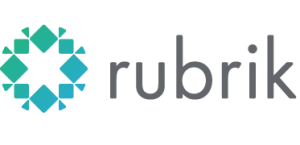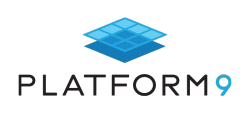Cloud Field Day 2 Preview: Rubrik
Cloud Field Day 2, part of the Tech Field Day family of events is happening in San Francisco and Silicon Valley, from 26-28 July and I’m super excited to be invited as a delegate.
We are hearing from a number of companies about how they cloud!
 What a journey Rubrik has had so far, a 2 year old company that has ambitious plans to redefine that stodge of datacenter technologies, backup. Rubrik recently received a further $180 million in a Series D round at a $1.3 billion valuation. Yes, that’s a more than billion dollar valuation for a company that does backup, wow! Rubrik says it has hardly dipped into its $61 million Series C round but is going for hyper growth. It currently has several hundred enterprises as customers. Interestingly in the Series D funding announcement Rubrik mentioned investing heavily in R&D with this money. They’ve already had 8 product releases with the latest including a number of cloud features so I would think sales and marketing is where the money will need to be spent to increase customers. Hyper growth phase is normally less about R&D and more about knocking on the doors of prospective customers so will be interesting to hear the latest company plans.
What a journey Rubrik has had so far, a 2 year old company that has ambitious plans to redefine that stodge of datacenter technologies, backup. Rubrik recently received a further $180 million in a Series D round at a $1.3 billion valuation. Yes, that’s a more than billion dollar valuation for a company that does backup, wow! Rubrik says it has hardly dipped into its $61 million Series C round but is going for hyper growth. It currently has several hundred enterprises as customers. Interestingly in the Series D funding announcement Rubrik mentioned investing heavily in R&D with this money. They’ve already had 8 product releases with the latest including a number of cloud features so I would think sales and marketing is where the money will need to be spent to increase customers. Hyper growth phase is normally less about R&D and more about knocking on the doors of prospective customers so will be interesting to hear the latest company plans.
All the Data




Recent Comments